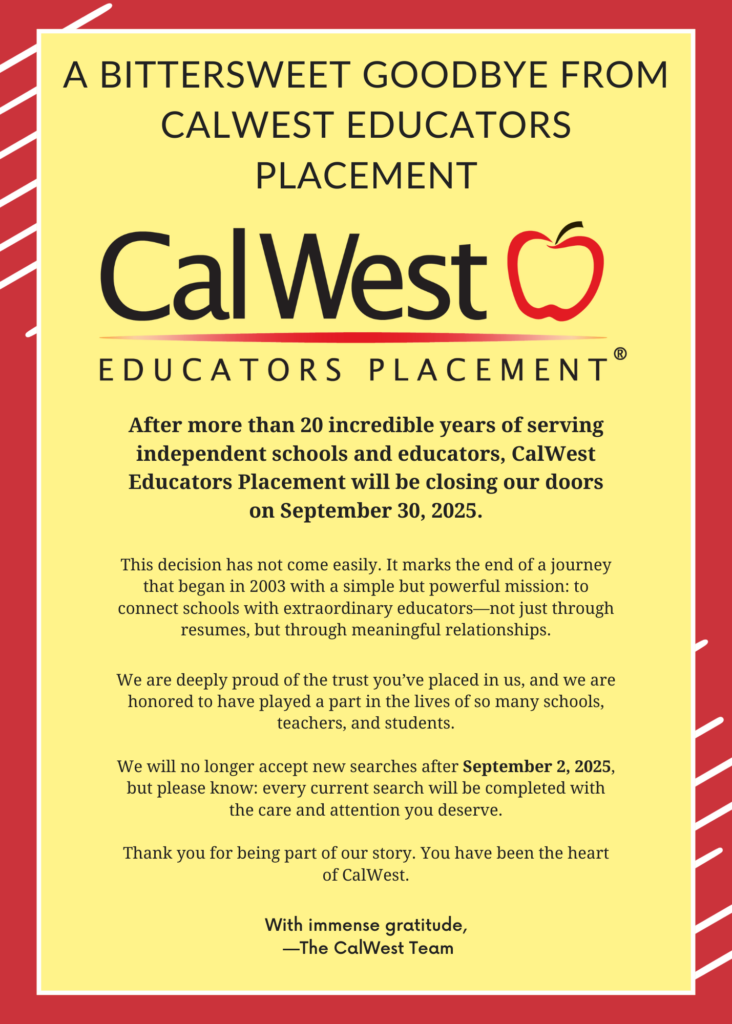
COVER LETTER TIPS
How and Why to Write a Great Cover Letter
In today’s competitive job market, crafting a compelling cover letter can be just as important as writing a strong resume. While your resume provides a snapshot of your qualifications, a cover letter offers an opportunity to showcase your personality, demonstrate your passion for the position, and explain why you are the best candidate for the role. Whether you’re applying for your dream job or exploring new career opportunities, a well-written cover letter can set you apart from the crowd and make a lasting impression.
Why You Should Write a Great Cover Letter
A great cover letter does more than simply rehash the information on your resume—it enhances your application by giving hiring managers a deeper understanding of your motivation, personality, and fit for the role. Here’s why a strong cover letter is crucial:
- First Impressions Matter
The cover letter is often the first document hiring managers read, and it sets the tone for your entire application. A thoughtful, well-written letter conveys professionalism and shows that you’ve taken the time to tailor your application specifically to the job.
- It Shows Your Interest in the Position
While your resume provides a factual record of your experience, the cover letter demonstrates your genuine interest in the company and the role. It lets you explain why you are excited about the opportunity and how your values align with the company’s mission.
- It Highlights Your Unique Qualities
A cover letter allows you to bring in personal anecdotes, highlight specific skills, or explain gaps in your employment history that may need clarification. It’s an opportunity to express qualities that may not be immediately evident in your resume, such as your communication skills, work ethic, or leadership style.
- It Can Address Specific Job Requirements
The cover letter lets you directly address the job description and explain how your skills and experiences meet the employer’s specific needs. This personalized approach shows that you’ve carefully reviewed the role and are serious about the opportunity.
- It Complements Your Resume
Your cover letter complements your resume by explaining the “why” behind your career choices, providing context to your achievements, and linking your skills and experiences to the needs of the employer. It can also clarify how you can contribute to the company’s goals.
How to Write a Great Cover Letter
Now that you understand why writing a great cover letter is essential let’s look at how to craft one that stands out. Here’s a step-by-step guide to creating a cover letter that captures the attention of hiring managers:
- Start with a Strong Opening
The opening paragraph should grab the hiring manager’s attention and introduce you in a way that reflects your enthusiasm for the role. Mention the position you are applying for and how you came across the job listing. You can also briefly touch on why you’re excited about the opportunity.
For example:
“Dear [Hiring Manager’s Name],
I am writing to express my interest in the Marketing Manager position at XYZ Company, which you advertised on your website. With over five years of experience in digital marketing and a passion for creating impactful brand strategies, I am excited about the opportunity to contribute to your team’s success.
- Tailor the Body to the Job Description
The body of the letter should focus on how your experience, skills, and qualifications make you a perfect fit for the role. Be sure to highlight the key aspects of the job description and explain how your background aligns with these needs.
Align Your Skills with Their Needs: Review the job description carefully and pick out 2-3 key skills or qualifications the employer seeks. Provide concrete examples of how you’ve demonstrated these abilities in your past roles.
Use Numbers and Achievements: Just like your resume, your cover letter should emphasize results. Whenever possible, use numbers or specific outcomes to demonstrate your impact. For instance, “Increased social media engagement by 40% within six months” or “Led a team that successfully launched a new product line, generating $1M in revenue.”
For example:
“In my current role at ABC Corp, I have successfully led a team of five marketers in a digital campaign that increased website traffic by 30% within three months. I’m confident that my experience in data-driven marketing and my ability to craft targeted strategies would enable me to make a positive impact at XYZ Company.”
- Highlight Your Passion and Fit for the Company
The best cover letters don’t just focus on what you’ve done—they also explain why you want to work for a specific company. Demonstrate your knowledge of the company and its culture, and explain why you are enthusiastic about joining their team.
Example:
“I’ve long admired XYZ Company’s commitment to sustainability and innovation, which aligns perfectly with my personal values. I am particularly excited about the opportunity to work with your talented team to develop marketing campaigns that drive results and contribute to your environmental responsibility mission.”
- Be Concise and Clear
Keep your cover letter focused and to the point. Hiring managers often review multiple applications, so it’s essential to communicate your qualifications efficiently. Aim for a length of around one page—typically 3-4 paragraphs—and avoid long-winded explanations or irrelevant details.
- Express Gratitude and Enthusiasm
In your closing paragraph, thank the hiring manager for considering your application and express your enthusiasm for the next steps. Reinforce your interest in the role and mention your willingness to discuss your qualifications further in an interview.
Example:
“Thank you for taking the time to consider my application. I am excited about the opportunity to contribute to XYZ Company and would love the chance to discuss how my skills and experience align with your needs in more detail. I look forward to the possibility of speaking with you soon.”
- Close Professionally
End your cover letter with a professional closing. Common phrases include:
- Sincerely
- Best regards
- Kind regards
Then, follow up with your full name and, if relevant, your contact details.
Example:
“Sincerely,
[Your Name]
[Your Phone Number]
[Your Email Address]”
Additional Tips for a Great Cover Letter
Research the Hiring Manager: Whenever possible, address the cover letter to a specific person (e.g., the hiring manager or department head). This demonstrates your effort and can make a positive impression. If the hiring manager’s name isn’t listed, consider researching it online or calling the company to ask.
Avoid Generic Templates: While many cover letter templates are available online, avoid using generic ones that don’t specifically speak to the company or role you’re applying for. Personalization is key.
Proofread Carefully: A cover letter with typos or grammatical errors can leave a poor impression. Before submitting it, proofread it carefully or ask a friend or mentor to review it for clarity and mistakes.
Use a Professional Tone: Your cover letter should be polite and professional, but it’s also a chance to let your personality shine through. Balance professionalism with warmth and enthusiasm.
Final Thoughts
A great cover letter is an essential part of a successful job application. It demonstrates your qualifications and enthusiasm and gives you a chance to make a personal connection with the employer. By tailoring your cover letter to each position, showcasing your unique skills and accomplishments, and explaining why you’re the right fit for the company, you increase your chances of standing out from other candidates.
A well-crafted cover letter can open doors, make a strong first impression, and give you the best opportunity to land the job you want.

